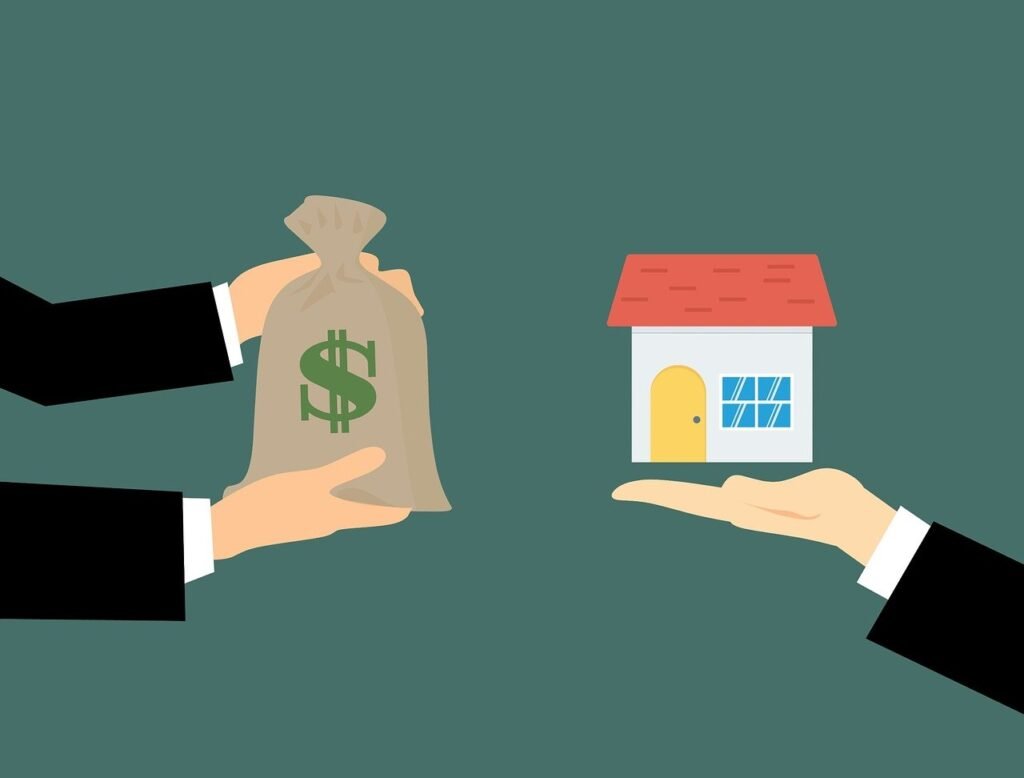Opening a real estate crowdfunding account can be a way to invest in the real estate market without the need to buy or manage properties directly.
Here’s a general guide on how to get started:
1. Research Real Estate Crowdfunding Platforms
- Choose the Right Platform: There are various platforms available, each with its own focus, such as residential, commercial, or mixed-use properties. Some well-known platforms include Fundrise, RealtyMogul, and Crowdstreet. Research their fees, minimum investment requirements, and the types of projects they offer.
2. Understand the Investment Options
- Types of Investments: Platforms may offer different types of investments, such as equity investments in properties or debt investments in the form of loans to property owners or developers.
- Risk and Returns: Understand the risk associated with each type of investment, as well as the expected returns and investment term.
3. Evaluate Your Investment Goals and Criteria
- Investment Goals: Determine your investment objectives, such as income generation or capital appreciation, and how real estate crowdfunding fits into your overall investment strategy.
- Investment Criteria: Consider factors like the geographical locations of properties, types of real estate (residential, commercial, industrial, etc.), and investment horizon.
4. Register and Open an Account
- Sign Up: Visit the chosen platform’s website and sign up to create an account. You’ll typically need to provide personal information, such as your name, address, email, and sometimes financial information.
- Verification: The platform may require you to verify your identity and financial status to comply with regulatory requirements. This could include submitting identification documents and financial statements.
5. Review and Understand the Terms
- Read the Fine Print: Carefully review the terms and conditions of the platform and any specific investment offerings. Pay attention to fees, the investment process, and terms of returns.
6. Fund Your Account
- Deposit Funds: Once your account is set up and verified, you’ll need to deposit funds. Most platforms allow you to transfer money from a bank account.
7. Start Investing
- Choose Your Investments: Browse the available investment opportunities on the platform and select those that match your criteria and goals.
- Diversify: Consider diversifying your investments across different types of properties and geographical locations to spread risk.
8. Monitor Your Investments
- Stay Informed: Regularly check your investments and any updates from the crowdfunding platform regarding the properties or projects you’ve invested in.
9. Understand the Exit Strategy
- Liquidity and Exit Options: Real estate investments can be less liquid than stocks or bonds. Understand how and when you can cash out your investments, including any lock-up periods or early withdrawal penalties.
Legal and Tax Considerations
- Regulatory Aspects: Be aware of any legal and regulatory implications of investing in real estate through crowdfunding, especially if you’re investing in projects located in different countries or states.
- Tax Implications: Consult with a tax advisor to understand the tax consequences of your investments, including any tax benefits or obligations.
It’s important to conduct thorough due diligence before committing to any investment and to consider consulting with a financial advisor to ensure that real estate crowdfunding aligns with your overall investment strategy and financial goals.
Also, Read more kiendel.com
